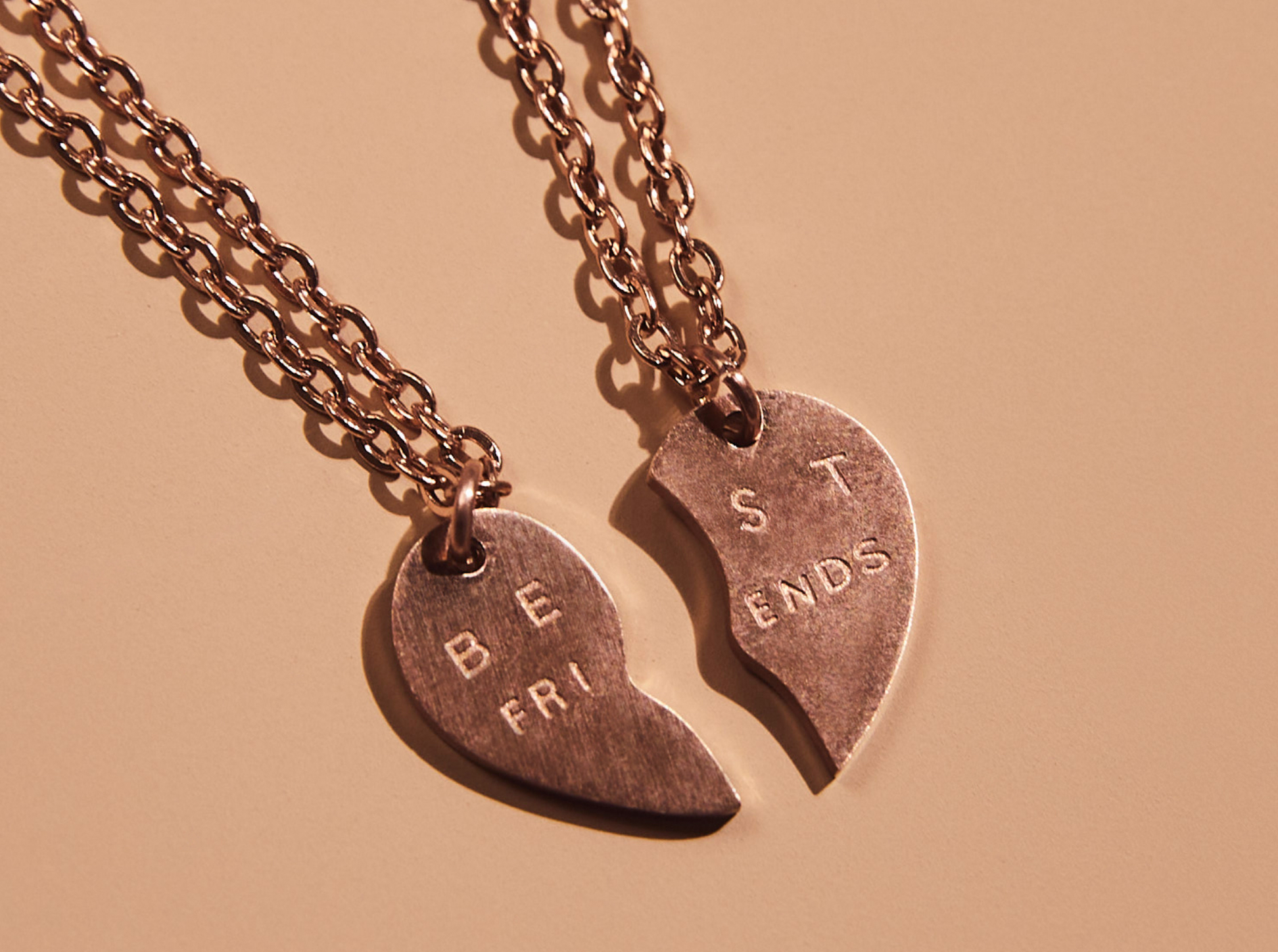
Almost all of us have found ourselves in friendships that we are no longer sure about. Like our jeans, they once fit us just right, but gradually we find ourselves stepping in higher and higher water (I’m talking about floods). While some friends are lifelong, others are there for just a moment, in order to teach us something. Knowing when it’s time to break up with a toxic friend is a skill that we can only learn through experience.
Friends That Make Us The Punchline
We all love to laugh, but a joke isn’t funny unless everyone involved is laughing. We are talking about that friend who always seems to suddenly find fault in everything we do when their crush turns up. This seems almost juvenile; however, grown-ups in their 30’s and 40’s can be observed, in a night out demeaning others, in exchange for a moment of gratuitous attention. Friend’s who make us the butt of their jokes often do so in order to elevate themselves at our expense. Watch out, there are often some malicious feelings embedded at the core! It’s a power dynamic that requires participants, in order to thrive. If we refuse to participate, this behaviour will stop.
One-Sided Toxic Friendships
It is important to recognize that a conversation, where we sit and listen for 3 hours, without being asked how we are doing, is not a conversation, but a monologue. While there are times in our lives when we require a greater amount of coddling, the affection and attention should be reciprocal. As much as we give of ourselves freely, we should feel reassured that our friend’s support is there for us, should we need it.
Friends That Block Our Shine
A little bit of competition is normal. Feeling a twinge of envy when our friends accomplish great things, does not make us bad people. Being able to see through that moment of insecurity and celebrate our loved ones’ great accomplishments is a measure of a great friend. Success can be a greater challenge to a relationship than that of failure or loss, simply because it has the potential to create inequities. Friendships that are based on one friend being lesser than the other, are inevitably headed for trouble. Mutual respect is the hallmark of a healthy relationship; which invariably translates into mutual support.
What Kind Of Friend Do We Want To Be
Before we start evaluating whether or not we are involved in toxic friendships, it is important to examine how we treat our friends:
Are we kind? Are we patient? Are we supportive? Are we empathetic? Are we trustworthy?
How we behave in our friendships plays a huge role in determining who we attract. When evaluating whether or not our friendships are healthy, we have to be aware of our expectations. We are often drawn to people who give us what we feel we deserve. If we don’t believe we deserve encouragement, it’s most likely that we will find someone who will happily deny us of it.
Breaking Up With A Toxic Friend
Breaking up is hard. Most of us shudder at the thought of ending a relationship, but sometimes it’s the only healthy option. Staying in a friendship that is more heartache than heartfelt, can be borderline masochistic. Although difficult, ending a parasitic relationship invariably makes us feel better about ourselves; it says to our brains that we know that we deserve better.
Friendships go through their ups and downs, lefts and rights, but respect is the one essential ingredient that must remain if the goal is to have a healthy relationship. This is especially true as we expect to remain friends into our golden years. For those of us who have had nothing but bad luck, don’t be discouraged. Once you’ve found that trustworthy friend that builds you up and holds you, you’ll never want to go back to accepting less.
We attract what we know, what we are used to, and what we believe we deserve. People treat us the way we treat ourselves. Let us take the time to learn how to love and treat ourselves better so that we can attract better quality friends.